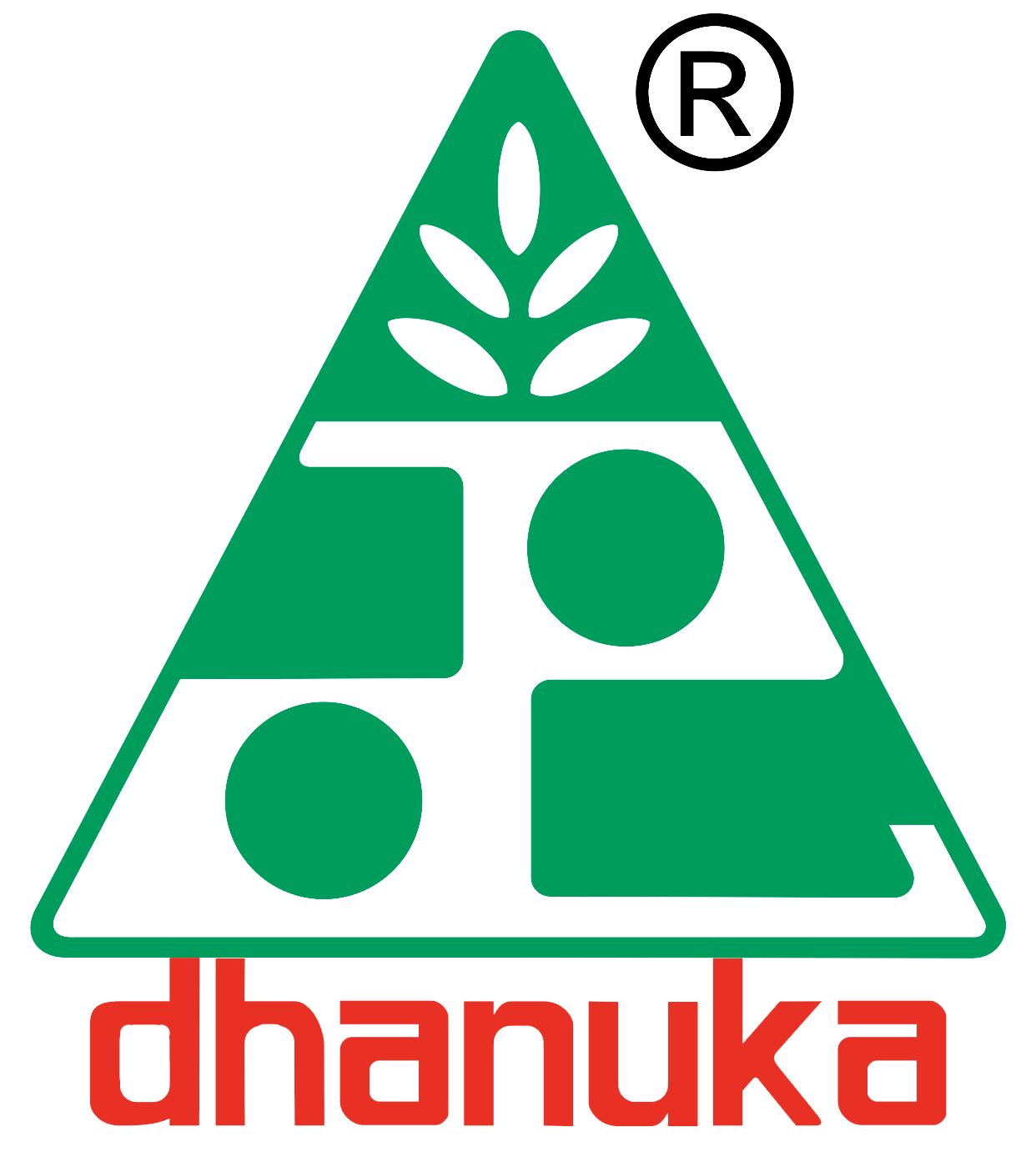NSE ●BSE ●

What are the different forms of pesticides?
04 Apr 2025
Pesticides refer to chemical substances or a combination of chemical substances used to control, repel and destroy pests. Depending on the characters and needs, they are available in many different types with a wide range of applications. In this article, we will talk about the various forms of pesticides and their uses. Continue reading for more information.
Factors influencing the loss of crops
Since centuries, crops have been exposed to different types of stresses, including biotic and abiotic stresses, whose combined influence can severely impact agricultural produce. Abiotic stresses (physical forces) could include the deficiency or excess of water during growth seasons, unpredictable temperatures, drought, high salinity, unavailability of enough nutrients, deficiency of minerals, pollutants etc; whereas, biotic stresses (biological organisms) could refer to insect pests, fungus, bacteria, virus, weeds etc.
Talking about the latter, if weeds, pests and other plant-harming elements are not controlled, this could pose a significant threat to stable and ongoing crop production. According to FAO, nearly 40 per cent of crop production is lost to pests globally and every year, and “plant diseases cost the global economy over $220 billion, and invasive insects at least $70 billion.”(Source).
Need for pesticides
The rightful and adequate use of pesticides can support the soil to gather relevant nutrients, helping it grow more foods. Agrochemicals are used to increase the quality and quantity of agri produce. They can help a farmer grow specific crops and plants while preventing harmful pests, weeds, and insects from invading the land, thereby reaching his production target. Simply put, agrochemicals can support a farmer’s ambitions of increased yield and address the ever-growing demand for foods. Without pesticides in place, harmful organisms would grow steadily, badly affecting the quality and quantity of produce.
Insects, for example, can bring damaging effects to agricultural production in two ways. In the first situation, they can bring direct injury to the plants by damaging roots, tunneling into the plant tissues, eating leaves, deforming plants and their stems etc. In the second situation, while insects may not show any direct injury to the plants, but can still bring damaging effects by transmitting viral, fungal or bacterial infection into a crop. Moreover, they can be an annoyance to domestic animals and humans and can transmit diseases.
Pests and insects continue to be significant threats to agriculture, and by nature, they evolve and adapt to changing ecosystems. That is why it is essential to regularly watch for their existence, keep a tab on their growth and repel them as soon as possible before they incur significant long-standing damages.
Different types of pesticides and their uses
While the term ‘pesticide’ is widely used to describe chemicals used to control insects, it applies to all other substances used to repel, control and eliminate pests. They also come under agrochemicals.
Some agrochemical and pesticide products include the following -
• Insecticides
• Herbicides
• Fungicides
• Rodenticides
• Disinfectants
Insecticides
These are used to kill, repel and control the growth of insects. It must be noted here that insecticides play a major role in keeping crops and agricultural produce safe because different types of insects, including locusts, beetles, aphids, etc cause huge damage to plants if left uncontrolled.
Herbicides
Herbicides are used to kill and control the growth of unwanted plants such as agricultural weeds and invasive species.
Fungicides
Fungicides kill fungi and their spores, including mildews, blights, rusts, molds etc. The prevention of harmful fungus is essential for plant health.
Rodenticides
Rodents can damage crops, spread diseases, and bring ecological damage. Rodenticides are a type of pesticides that are used to kill rodents. Now, when it comes to rodents, the term may cover squirrels, woodchucks, beavers etc.
Disinfectants
Disinfectants are used to control germs, microbes like bacteria, viruses etc.
Those mentioned above are just some of the different types of pesticides commonly used to increase agricultural productivity and retain healthy plant growth.
About using pesticides safely
Read the label of the pesticide thoroughly before use. If needed, take an expert’s recommendation about safe and appropriate use. Always follow the manufacturer’s instructions and guidelines about the safe storage and disposal of pesticides.
Agrochemical companies in Delhi
Please feel free to visit this website to learn more about agrochemical companies and different pesticide products.









